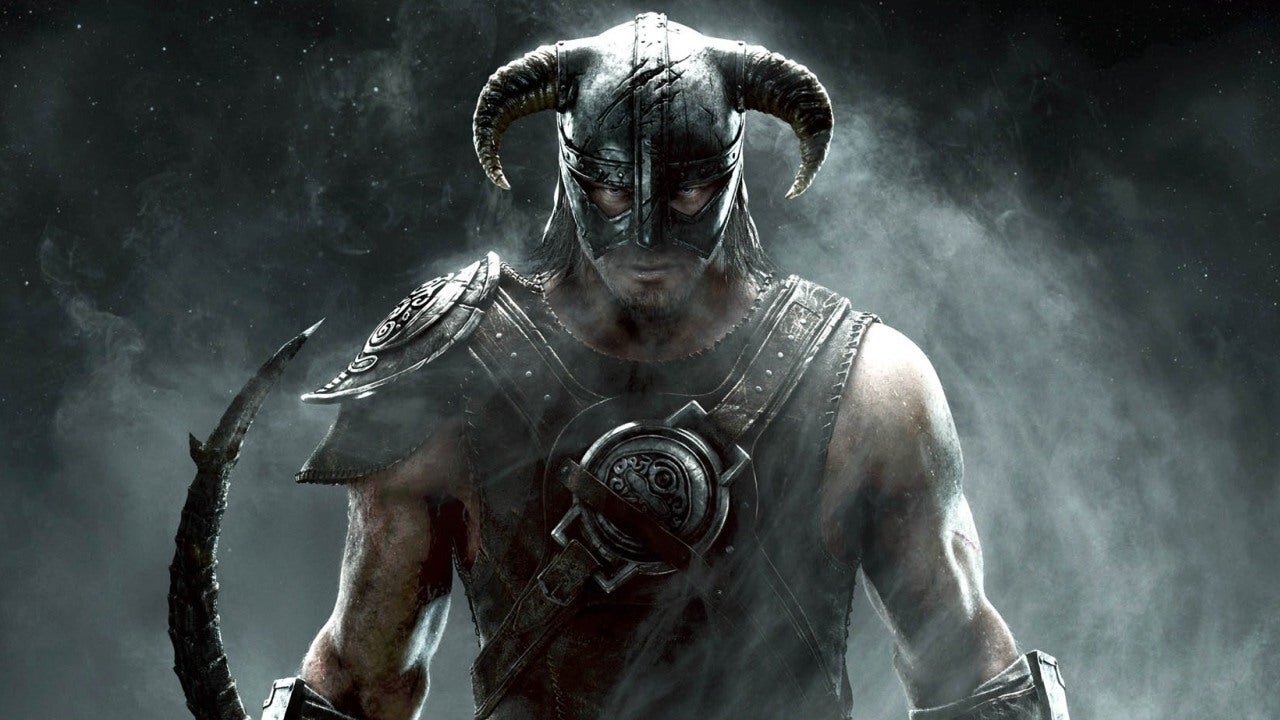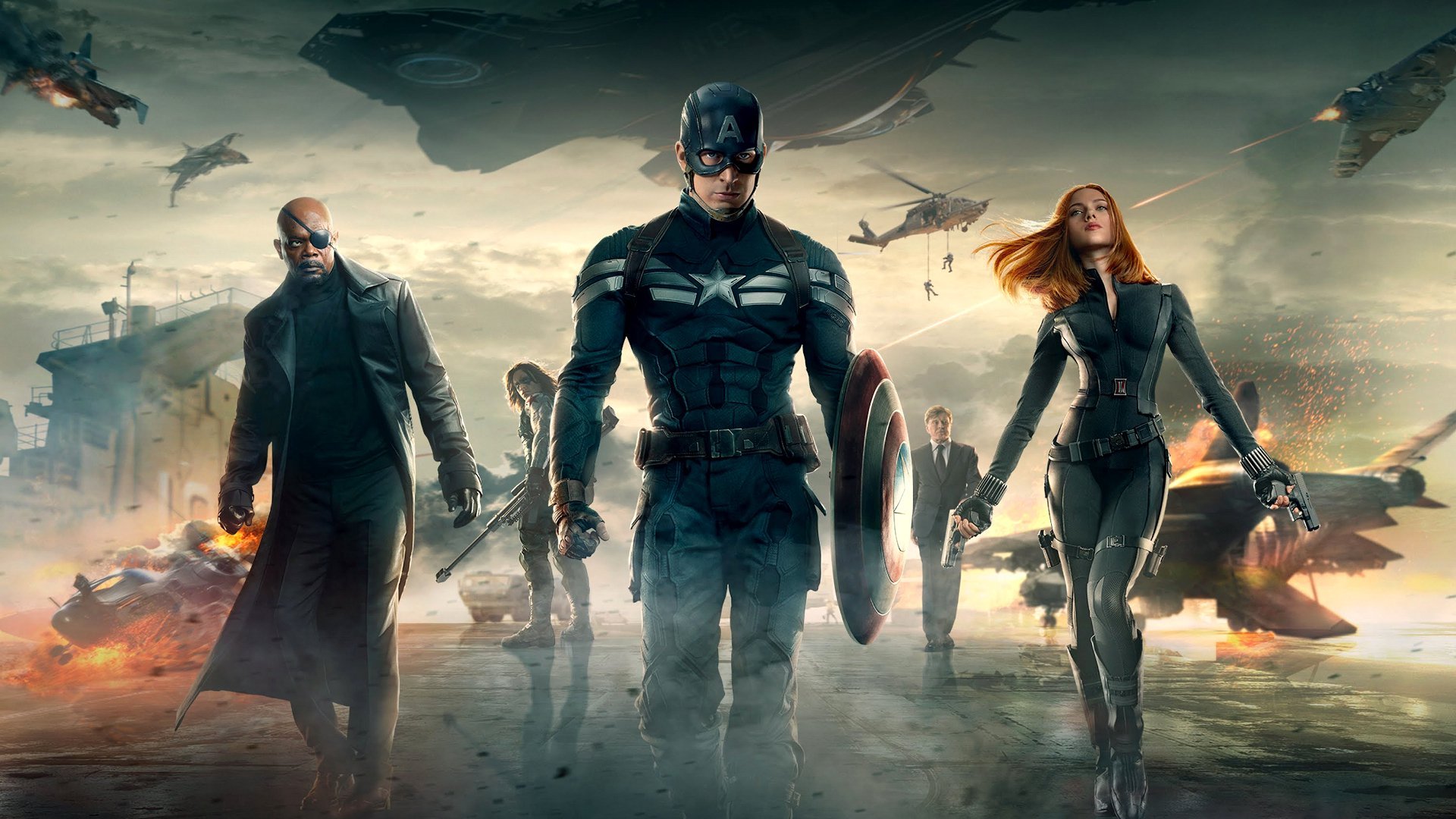Xbox, Activision Blizzard, Sony, and Bungie: What it says about the new frontier of the pop culture wars
The relationship between videogame console makers, game publishers, and developers has officially got weird.
It was so simple back in the old days of the ‘80s, ‘90s, and ‘00s. There was an obvious hierarchy, and a fairly simple chain of separated responsibilities.
A platform-holder created a games console. Third-party games publishers commissioned third-party developers to make games for it, or worked with their own, internally owned studios. The platform-holders would have an internal studio or two of their own to deliver the big, system-selling, platform-exclusive blockbusters that made the annual case for their hardware around Christmas, and that was pretty much it. As a consumer, you just picked the console that had the exclusive games you liked the best, and the rest looked after itself.
But all of that has gone.
Xbox and PlayStation map different futures
We saw the first cracks start to spread in late 2019, when Microsoft and Sony started to diverge in their approaches to the then-upcoming Xbox Series X/S and PlayStation 5. Sony - long the champion of huge, glossy, cinematic, single-player experiences - held the course of existing success with a powerful new machine dedicated to delivering a bigger, shinier supply of the same. Microsoft? They announced two different consoles, with two different levels of performance at two different price-points. Oh, and all of their exclusive, first-party games were going to be on PC as well.
But what sounded like a chaotic barrage of anti-marketing for the Xbox Series X soon turned into the opposite in all respects. Where Sony were selling the One True Machine to play the biggest exclusives, Microsoft weren’t focusing on either part of that equation. Rather, their cross-platform strategy was about providing the broadest, most accessible set of routes into as many games as possible. It was with tiered console price-points, day-and-date PC parity, and the multiplatform, Netflix-style Game Pass subscription that Xbox finally stopped being a box, and started to become an amorphous gaming portal, accessible anywhere.
But to make such a thing work, you need to fill that portal with an attractive volume of games. And that brings us to where we are now.
The unprecedented videogame buy-outs begin
In March of 2021, Microsoft bought ZeniMax Media, parent company of Bethesda Game Studios. All of it. Bethesda itself has long enjoyed the status of global megapublisher, owning a great many of the biggest, most storied, and most talented studios on the planet, not to mention some of the biggest IPs in the history of the medium. This was not the kind of studio purchase we’d ever seen before. It was akin to a blue whale being eaten by a kraken. By owning Bethesda, Microsoft owned Doom, Wolfenstein, The Elder Scrolls, Fallout, Quake, Dishonored, Prey, Commander Keen, The Evil Within, Id Software, Bethesda Game Studios, Tango Gameworks, MachineGames, and a whole lot more.
Then in January 2022, Microsoft announced that they were doing the same thing again, making known their intent to buy Activision Blizzard. That deal made the Bethesda buy look like an impulse Mars bar at the supermarket check-out. I’ll spare you the full list of what Microsoft would now own in light of this one, but it starts with “Call of Duty and World of Warcraft” and then goes from there.
In two bold shakes of a wallet - admittedly one of the biggest in the world - Microsoft had broken all the rules, and potentially evolved Game Pass from being an interesting curio of a burgeoning new business model, and into a deadly convincing must-have, loading up its catalogue with what felt like the majority of the western videogames industry and offering it all for as little as £7.99 per month.
All in all, a big play. But what’s interesting beyond the sheer scale of Microsoft’s strategy is what it doesn’t achieve. Traditional videogames industry logic of eras previous might expect this to play out as a brute-force content claim in the name of unassailable exclusivity. The foundation of a ludicrous world where all games are on Xbox and Xbox alone, crushing all rivals into the role of niche, bit-part industry players.
But that’s not the case. It can’t be. Because in this new era of new business models, it would be rather a double-edged sword if ownership of a very expensive publisher granted exclusivity of its games to your subscription service, at the cost of cutting that newly-owned publisher’s annual revenue in half. So Microsoft own Bethesda, and potentially Activision Blizzard, but Doom and Call of Duty are still very much at home on PlayStation, and will continue to be so.
It’s weird on the surface of it, but we’re in a weird transitional period for the videogames industry right now, and rules and motivations are being broken and remade. Old concerns and methods of influence increasingly no longer apply. Even weirder though, we now come to PlayStation itself, and Sony’s recent purchase of Destiny developer Bungie.
Sony X Bungie: What does it mean?
On the surface of this deal, there’s even less explicit (traditional) benefit to the buyer. Bungie, long steadfast and outspoken in their independence, after high-profile splits from both Xbox and Activision themselves in the past, continue to claim their status as an independent developer and publisher in their own right, with a strictly multi-platform ethos. Sony now own MMO-FPS megaton Destiny 2, but the game is still designed and published with PlayStation, Xbox, and PC players treated as equal stakeholders. So what’s going on here?
To work things out, we need to step away from the game itself, and look at the wider aspirations of both companies, as well as the rapidly evolving business side of the games industry. The first thing to address? Yes, this could be confirmation that Sony are working on their own version of a Game Pass-style subscription, to be unveiled further down the line. Absolutely no talk of such a thing exists beyond spurious speculation, mind. At the very least, the purchase of such a successful, distinctive, and highly respected studio does imply the beginning of a bid to stockpile a broader set of industry assets. But we’ll come to that soon enough.
The benefit to Bungie
In terms of more quantifiable narratives, this sale makes total sense for Bungie. A studio who have only expressed ever-more grandiose plans since independence, Bungie’s accelerated evolution of Destiny 2 from loot-shooter to full-blown action-MMO - alongside multiple nods to additional new IPs, and large cross-media expansion plans for their existing one - have always felt at a slight tension with the realities of running a very large, independent studio.
While update cadence and content flow have vastly improved of late, the financial side of Destiny 2’s consumer model has long felt confused and a tad unrefined. Long-term fans will attest that when it came to deciding which games-as-service revenue system to choose, it felt a lot like Bungie chose ‘All of them’. The financial reassurance of Sony ownership may give Bungie a lot more bandwidth to refine those systems into something more coherent, consistent, and friendly.
Those big cross-media plans, too, will get a boost. With a long purported desire to take Destiny into TV, film, and who knows where else, Bungie have never quite felt well enough connected or resourced to go full steam ahead. Now owned by Sony, with its massive global movie and TV business, that all changes. But what else are Sony getting, for this huge pile of dream-making positives heading Bungie’s way? Well to work that out, we need to look at what Sony, in turn, have been lacking.
The big wins for Sony
First up, the industry’s premium flag-waver for single-player, cinematic gaming has never really succeeded in maintaining a long-term, online game-as-service experience. There’s been an industry gold-rush towards those since Destiny first hit big, with every major publisher attempting to create its own, with wildly varying degrees of success. Get it right, and there’s the holy grail of long-term player retention to be had, along with the multitude of monetisation possibilities that come with that. But these things are hard to get right. So why not just buy the highly successful studio - and game - that started it all?
Bigger-picture (but related), we should indeed look at that movie business. Because where every major games publisher now wants its always-online forever-game, every movie studio now wants its Marvel Cinematic Universe. The long-term scope and potential of a connected, cross-media narrative universe - in terms of both storytelling and money-making - is at the forefront of consideration since the MCU locked its chokehold on the box office. The problem is that Disney are currently hogging the most successful ones, and building a new one takes time.
Destiny though, is a pre-built, notoriously lore-heavy universe of Star Wars scale, with immensely dense, complex, and broad storytelling threads going back tens of thousands of years into its in-game history. It has a built-in, eight-years-established fanbase of millions. And Sony suddenly own it. Again, why build it when you can buy it? As a source of pure adaptation material alone, buying Destiny is a smart move.
But this says more about pop culture’s future
The bigger bigger-picture speaks of something else. Because all of this speaks to something outside of Bungie, Sony, Microsoft, and Activision Blizzard. It speaks to something outside of videogames. It all speaks to that word, “retention”. What we’re looking at here is the endgame of a shift in the production of pop culture that started with the release of the original Star Wars in 1978, aimed at keeping audiences hooked for longer, to guarantee ongoing pay-offs for the increasing cost of media production within the blockbuster arms-race.
Star Wars created blockbusters, but it also created the notion of ready-made franchises, particularly trilogy arcs. That gave the film industry a taste for pre-invested engagement with planned sequel sequences that demanded more sustained audience attention. That eventually led to a taste for bigger, longer franchises, which led to Harry Potter, which led to the reactive frenzy to adapt every young adult sci-fi and fantasy novel saga available.
And then the MCU scaled that up to a taste for full-blown, ever-expanding universes, at the same time that Netflix normalised the culture of binge-viewing, fuelled by the relentless content churn of endless new releases that you never had to stop watching. That led to the streaming platform wars, and then that led to Game Pass, and the idea of console brands as content platforms, first-and-foremost. All of which happened while Disney were busy buying up what felt like every major media company and back-catalogue around.
This is where pop culture is now. The notion of giving sequels to successful films and games has evolved into a model of creating and owning entire worlds that can serve audiences new stories and experiences potentially forever. The cost of production and competition within that dynamic has led to a new arms-race, to the aim of owning enough content, worlds, and stories to retain audiences for as long as humanly possible, while providing easy, all-in-one, all-encompassing online delivery mechanisms alongside.
Which, naturally, is a battle that only the richest can fight. Netflix. Amazon. Disney. Microsoft. Sony. Whether we’re talking about film, TV, games, or franchises that cross all three and more, the new battlefield is about owning so much of the battlefield that wherever consumers come, and whatever they come for, they come to you somewhere along the line. And ideally, when they do, you’ll have so much to offer them that they never need to leave.
Regardless of medium or genre, it’s all an MMO now, in a way. What’s going to be interesting is to see how long a fight for All Audience Attention can be sustained, and what the winning blend of content and delivery ultimately looks like. And, indeed, whether the various monopolies commissions of the world have something to say about it, and decide to limit how far such an effort can even extend. Either way, the chequebooks are staying out for the foreseeable. Consolidation is the new map to retention, at least for the immediate future.








